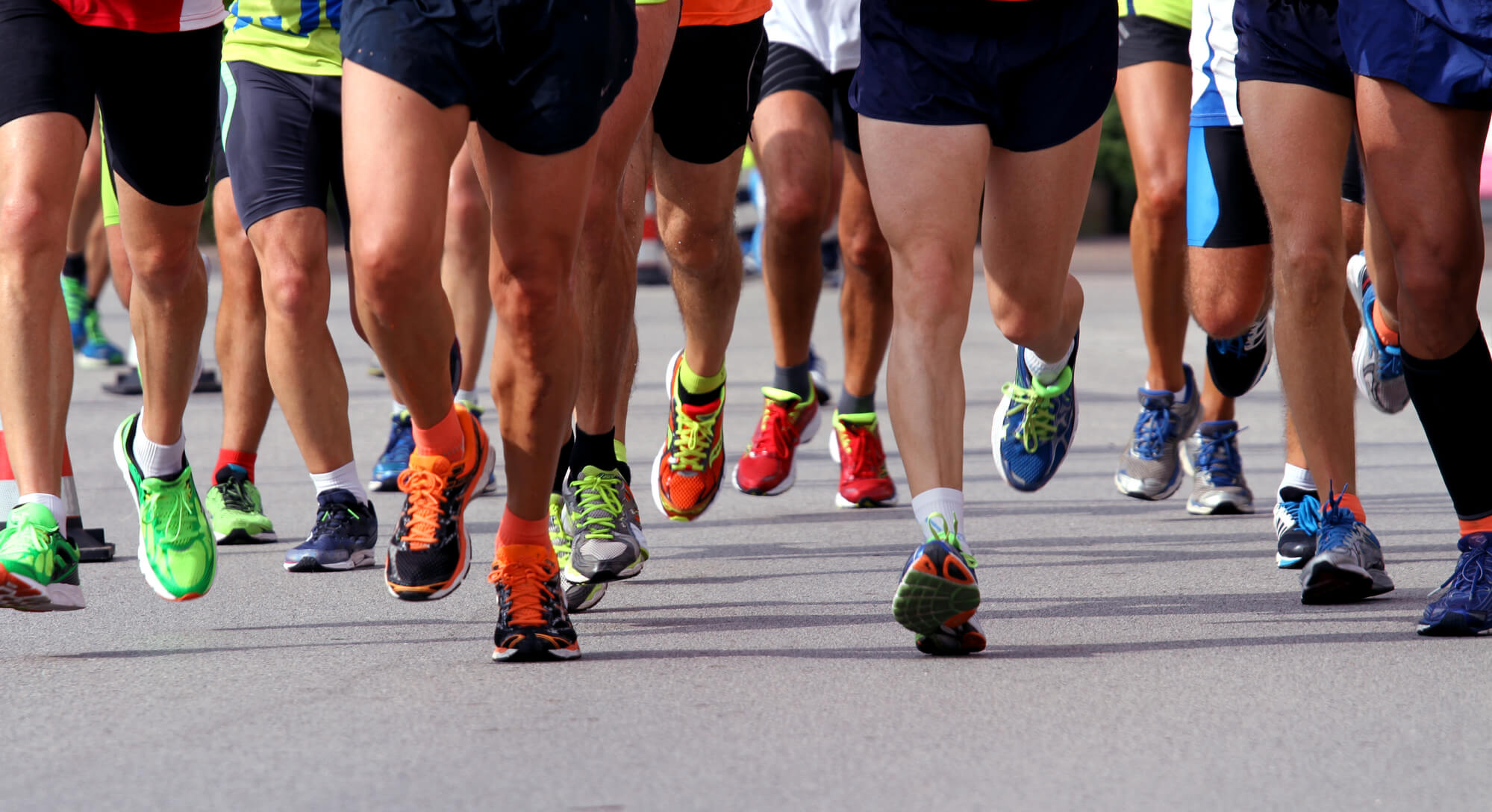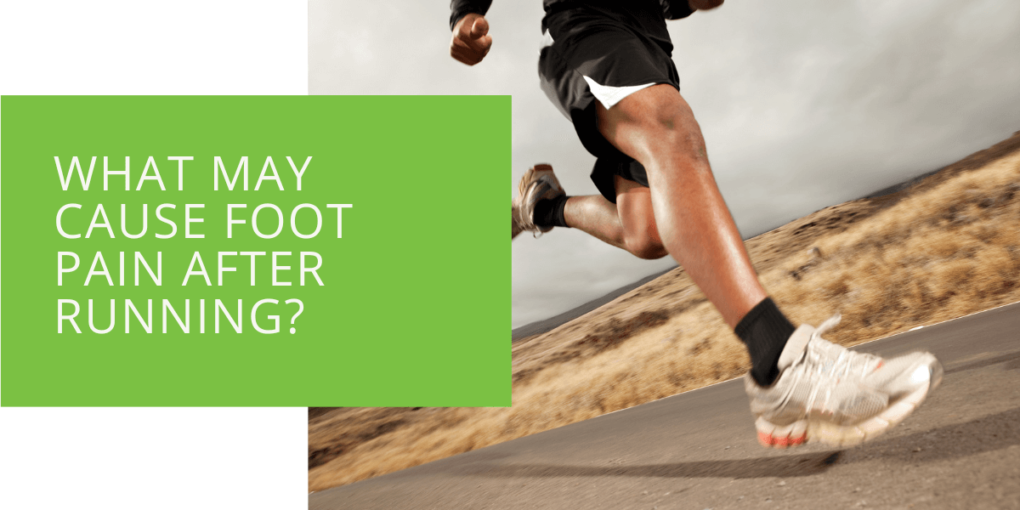What May Cause Foot Pain After Running?
Running is a great way to stay healthy and fit, but it can also be tough on your feet. Many runners experience foot pain after running, making it difficult to continue their workouts. In this article, we will explore the common causes of foot pain after running and provide tips on preventing and treating it.
Common Causes of Foot Pain After Running
Plantar Fasciitis
Plantar fasciitis is one of the most common causes of foot pain after running. This condition occurs when the plantar fascia, a band of tissue that runs along the bottom of your foot from your heel to your toes, becomes inflamed or irritated. This can happen when the arch of your foot is too high or too low or if you have flat feet.
If you have plantar fasciitis, you may experience foot pain, especially when you first get out of bed in the morning or after sitting for a long time. The pain is usually located in the heel or foot arch.
To treat plantar fasciitis, you may need to rest your foot, use ice to reduce inflammation and do exercises to stretch and strengthen the plantar fascia. You may also need arch support or custom orthotics to correct any issues with your foot structure.
Achilles Tendinitis
Another common cause of foot pain after running is Achilles tendinitis. This condition occurs when the Achilles tendon, which connects the calf muscles to the heel bone, becomes inflamed or irritated.
If you have Achilles tendinitis, you may experience pain and stiffness in the back of your heel or the lower part of your calf. The pain may worsen when you start running or after a long workout.
To treat Achilles tendinitis, you may need to rest your foot, use ice to reduce inflammation and do exercises to stretch and strengthen the calf muscles. You may also need shoes with good arch support or custom orthotics to support the Achilles tendon.

Stress Fractures
Stress fractures are tiny cracks in the bones of your foot and ankle that can be caused by overuse. They are common injuries among runners, especially those who increase their mileage too quickly or run on hard surfaces like concrete.
If you have a stress fracture, you may experience pain on the top of your foot or along the bottom, especially when you run or put weight on your foot.
To treat a stress fracture, you must rest your foot and avoid any activities that cause pain. You may also need a walking boot or crutches to take pressure off the affected foot.
Morton's Neuroma
Morton's neuroma is a condition that occurs when the tissue around the nerves leading to your toes becomes thickened or inflamed. This can cause pain in the ball of your foot or the area between your big toe and second toe.
If you have Morton's neuroma, you may experience a sharp, burning pain in your foot that worsens when you wear shoes that are too tight or high-heeled.
To treat Morton's neuroma, you may need to wear shoes with a wider toe box or use custom orthotics to take pressure off the affected area. You may also need to rest your foot and use ice to reduce inflammation.

Prevention and Treatment of Foot Pain After Running
Stretching and Strengthening Exercises
One of the best ways to prevent foot pain after running is to do stretching and strengthening exercises for your feet and legs. This can help improve your running form and reduce the risk of injuries.
Some good exercises for runners include calf stretches, heel raises, and foot circles. You can also do exercises to strengthen your arches and the muscles in your feet and ankles, such as toe curls and ankle rolls.
Proper Footwear
Wearing the right running shoes is essential for preventing foot pain after running. Look for shoes that provide good arch support and cushioning, and make sure they fit well and aren't too tight.
If you have flat feet or other foot problems, you may need to wear custom orthotics to support your feet and correct any issues with your foot structure. A podiatrist can help you find the right shoes and orthotics for your feet.
Rest and Recovery
Rest and recovery are crucial for preventing foot pain and other injuries. Ensure you give your body time to recover between workouts, and don't push yourself too hard.
If you experience foot pain after running, take a break and rest your foot. Use ice to reduce inflammation and do stretching and strengthening exercises to help speed up healing.
Conclusion
Foot pain after running can be frustrating and make it difficult to continue your workouts. However, by understanding the common causes of foot pain and taking steps to prevent and treat it, you can keep your feet healthy and pain-free.
If you experience foot pain or other foot injuries, it's important to seek professional help from a podiatrist. They can diagnose the problem and provide treatment options to help you get back on your feet. With the right care and attention, you can continue to enjoy the many benefits of running and keep your feet healthy for years to come.
FAQ
Why is my foot painful after running?
Foot pain after running can be caused by various factors, including plantar fasciitis, Achilles tendinitis, stress fractures, and Morton's neuroma. Running can also aggravate existing foot injuries or cause new ones if you don't have the proper form or footwear.
How do you get rid of foot pain after running?
The best way to get rid of foot pain after running is to rest your foot and avoid any activities that cause pain. You can also use ice to reduce inflammation, do stretching and strengthening exercises for your feet and legs, and wear shoes with good arch support and cushioning. If your foot pain persists, it's important to seek professional help from a podiatrist.
What is runner's foot?
Runner's foot is a general term used to describe foot injuries and pain caused by running. This can include plantar fasciitis, Achilles tendinitis, stress fractures, and other foot conditions.
Should I keep running if my feet hurt?
If your feet hurt while running, it's important to take a break and rest your foot. Continuing to run with foot pain can worsen the injury and cause more damage. Listen to your body, and don't push yourself too hard. If you experience foot pain or other foot injuries, it's important to seek professional help from a podiatrist.

